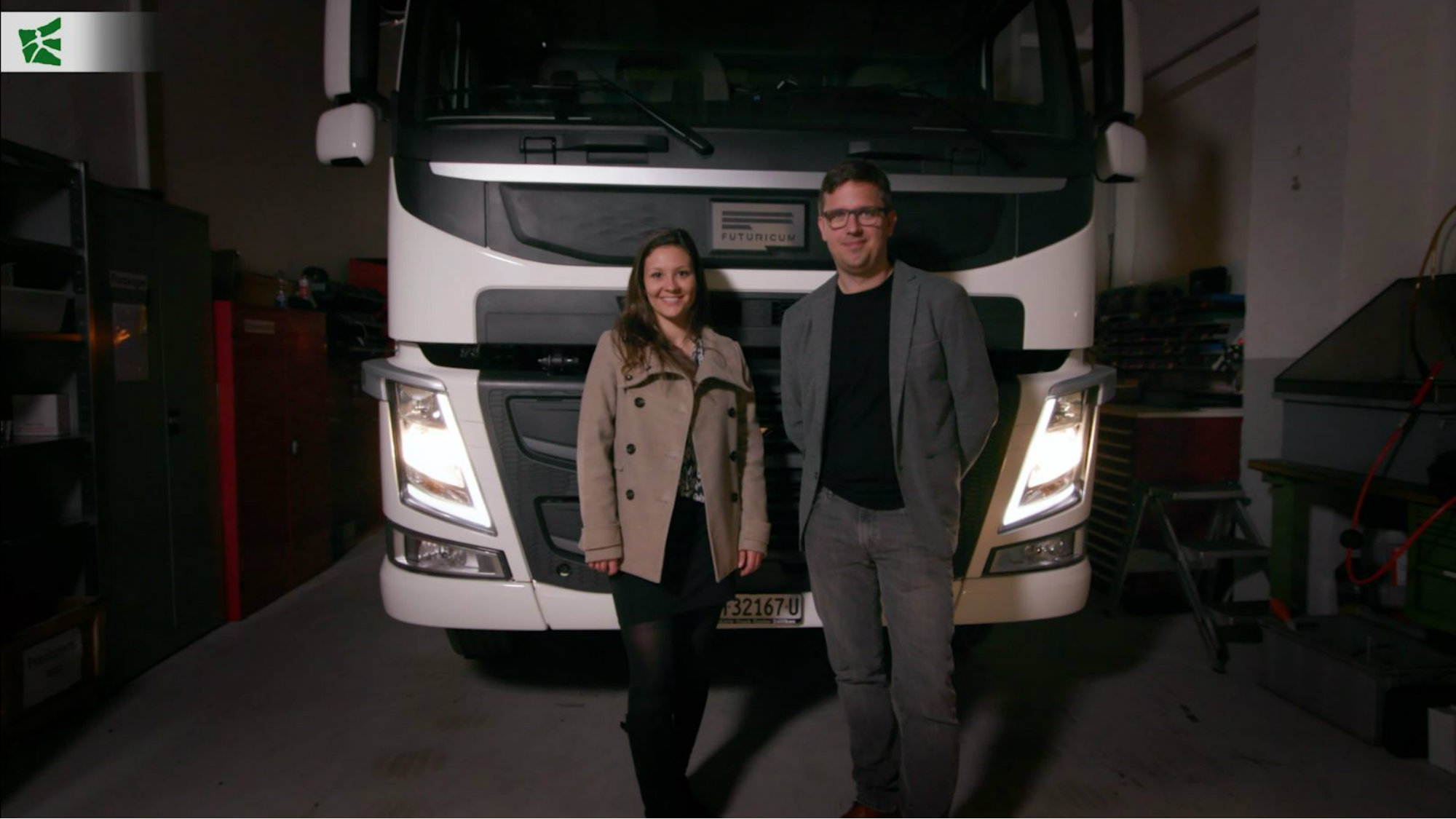Campus - 20.12.2018 - 00:00
PRME Sustainability Report 2018
The current PRME Report 2018 summarises the latest developments in sustainable economic education. Following on from 2012, 2014 and 2016, it is the fourth report that also represents the HSG Report on Responsibility and Sustainability.
Source: HSG Newsroom

20 December 2018. With the help of the "UN Principles for Responsible Management Education", the United Nations wants to encourage business schools to train their graduates to become responsible personalities and to contribute to the sustainable development of the economy and society through their activities. By signing the principles of PRME, HSG has committed itself to responsible research and teaching. The comprehensive report documents how issues such as social responsibility and sustainability have been anchored within teaching, research, continuing education, student and social commitment, infrastructure and operations.
Training of responsible personalities
One challenge when it comes to the education of responsible personalities is the integration of questions regarding responsibility and sustainability into teaching and student engagement. In 2018, questions of responsibility and sustainability were dealt with in more than 130 courses from all programmes and levels at the HSG.
For example, the "Strategies for Sustainable Development" course is offered in the Master's programme in Corporate Management. It uses "collaboratories" to jointly develop practical solutions together with the affected stakeholders. Here questions such as the following are dealt with: How can sustainable chocolate achieve a breakthrough in Switzerland? Are consumers ready for a recycling economy in the garment industry? or: How can the Sustainable Development Goals be integrated at the HSG? The same course also saw the launch of a sustainability group project within the framework of the HSG Alumni Association, which brings together HSG alumni and students from around ten associations in the field of responsibility and sustainability.
Sustainability in research
The report also shows that St.Gallen was one of the first business universities in Europe to establish an Institute for Business Ethics (since 1989) and an Institute for Economy and the Environment (since 1992). In 2018, an Impact Award was created for projects that changed issues in practice, including the development of an electrified waste collection vehicle. The "Futuricum" project came from the successful cooperation between the HSG EMBA graduate Martin Meier, the Assistant Professor for Energy and Sustainability Management, Moritz Loock, and the student association Student Impact.

"Futuricum"
The garbage truck is one of the greatest CO2 producers in city centres, and also a source of lots of noise emission. Martin Meier developed a concept for the use of E-trucks as vehicles to collect recyclable material. Prof. Moritz Loock and Student Impact accompanied the project from ideas developed in the Executive MBA up to its implementation. In cooperation with various industry partners, "Designwerk" developed a recyclable material collection vehicle with the name "Futuricum". "Futuricum" is one of the winners of the "HSG Impact Award 2018".
Sustainability in student engagement
Ten student associations at the HSG are active in the field of responsibility and sustainability (R&S): oikos, Student Impact, IGNITE, Social Business Club, PIECES, Effective Altruism, Vegan Club, sneep, Youth Engagement and Pure Drops. They stimulate the university with a variety of workshops, conferences and innovative projects. Thanks to the national support programme "U Change", the support platform ECOnnect for student associations was created in 2018 within the R&S area. Its aim is to support committed students through professional coaching and to improve communication and coordination between and within the clubs.
Energy efficiency on the HSG campus
The University of St.Gallen is working continuously on better integrating sustainability into campus life. The value that is placed upon sustainability can clearly be seen across campus. From paper disposal, to water management, through to the optimisation of business processes, the HSG administration is engaged with optimising energy and water consumption and reducing CO₂ emissions. In 2018 alone there was a 14% saving in electricity use, 15% in gas use and 5% in water use.
Sustainability and UN SDGs
Since 2018, the HSG has geared its sustainability strategy towards the UN Sustainable Development Goals. Of the 17 SDGs in total, seven that were particularly relevant to the HSG were selected: Quality Education (SDG 4), Gender Equality (SDG 5), Responsible Consumption & Production (SDG 12), Affordable & Clean Energy together with Climate Action (SDG 7 & 13), Peace, Justice & Strong Institutions (SDG 16) as well as Partnerships for the Goals (SDG 17). Contributions to these target areas will be recorded and new targets aligned with them.